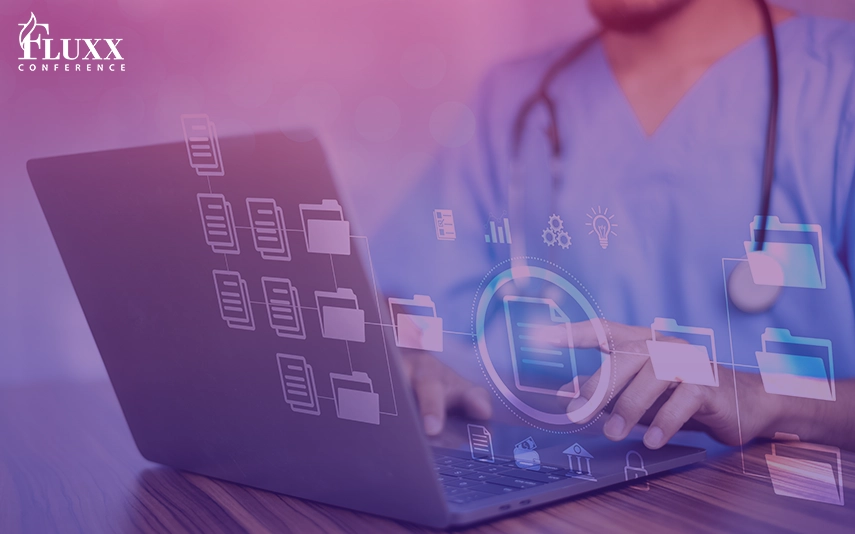
Medical Data as the New Ingredient of the Future of Healthcare Economics
One of the most valued assets in the healthcare sector has been medical data. Patient data, genomics information, clinical trial information, and real-time tracking are no longer just facts and figures, but an essential component for decision making across various levels of industry.
These expansive data sources have an impact on how patients are treated, but also on research, economic planning, and policies in the health sector. With the abundance of health data growing exponentially, its effects in positively moving toward improved efficiency of operations, cost reduction, and patient outcomes continues to become more evident.
Healthcare systems that can effectively collect and analyze data will lead in providing good quality healthcare. The transition from traditional fee-for-service models to value-driven approaches depends heavily on reliable insights derived from medical data.
Why is Medical Data Compared to Oil?
The economic and strategic power of information is so enormous that the phrase “medical data as the new oil” can be metaphorically used to describe it. The way in which crude oil was used to propel the Industrial Revolution is the same way data is helping to push the healthcare revolution.
But data is of no use without the process of cleaning, organizing, and utilizing it. When analyzed in the right way, the medical data leads to precision care, predictive analytics, and personalised care solutions. It assists medical institutions in spotting the patterns of diseases, optimizing the treatment procedures, and predicting how many resources are required. Such analysis can prevent the danger of not realizing all the existing data and having data that is scattered.
The Economic Impact of Medical Data
Cost Reduction
Practical data analysis by health providers lessens redundancies in the test and reduces unnecessary hospital stays, and makes the treatment plans leaner. This enhances efficiency in its operations, and it means that the resources are channeled in a way where they are creating the maximum value.
New Revenue Models
Medical data have become an essential concern of pharmaceutical companies, insurance organizations, and research facilities. They are using the insights to fast-track drug discovery and development, design risk-based drug pricing models, and personalize treatment approaches. The innovations open new revenue streams, and they facilitate a better patient outcome.
Policy and Planning
Governments and regulatory authorities use medical data to predict the health trends of the population they serve, allocate budgets effectively, and respond to possible health epidemics or crises in a timely manner. These kinds of applications are an illustration of how information is transforming economics and even global health security.
Technology and Data Integration
AI and machine learning
Large volumes of data can be interpreted on AI platforms in a highly efficient manner that is faster than humans. AI discovers risk patterns, anticipates disease progression, and supports diagnostic activities, and in this way, AI helps clinicians to make a measured and calculative decision.
Electronic Health Records (EHRs)
EHRs consolidate information on the patient, and it can be utilized throughout multiple institutions. This lessens mistakes, increases coordination, and provides better care within the continuity.
Wearables and IoT Devices
Smart devices like fitness trackers, glucose monitors, and heart rate sensors produce data streams in real-time. These insights keep coming and make it possible to venture into the prevention of healthcare even before things worsen.
Ethical and Privacy Considerations
Medical data is an unquestionably valuable economic asset; however, there are issues. Confidentiality of patients, ownership of data, and security are important topics. Not only does the breach affect the populations negatively, but it also reduces trust in the healthcare systems. Regulatory frameworks like HIPAA and GDPR help establish the necessary measures; however, constant vigilance is still desirable. Transparency in governance and patient consent are the key pillars to responsible data use.
Conclusion
Medical data is not simple information, but it is the key material that revamps healthcare economics. The fact that it can streamline its operations, minimize expenses, and personalize care makes it the new oil.
As the industry continues to innovate, the proper use of data will determine how far it can fulfill its promise. Data will become the new driving force in healthcare by combining technology, ethics, and patient-centered values.
Join Fluxx Conference 2025 and connect with innovators shaping the future of business. Stay updated with Fluxx News for the latest announcements.
Interesting Reads:
Cybersecurity’s AI Frontier: Who Will Control the Arms Race—Attackers or Defenders?




